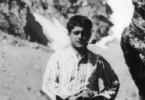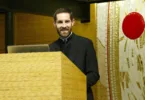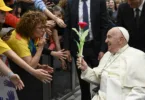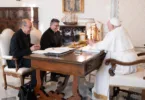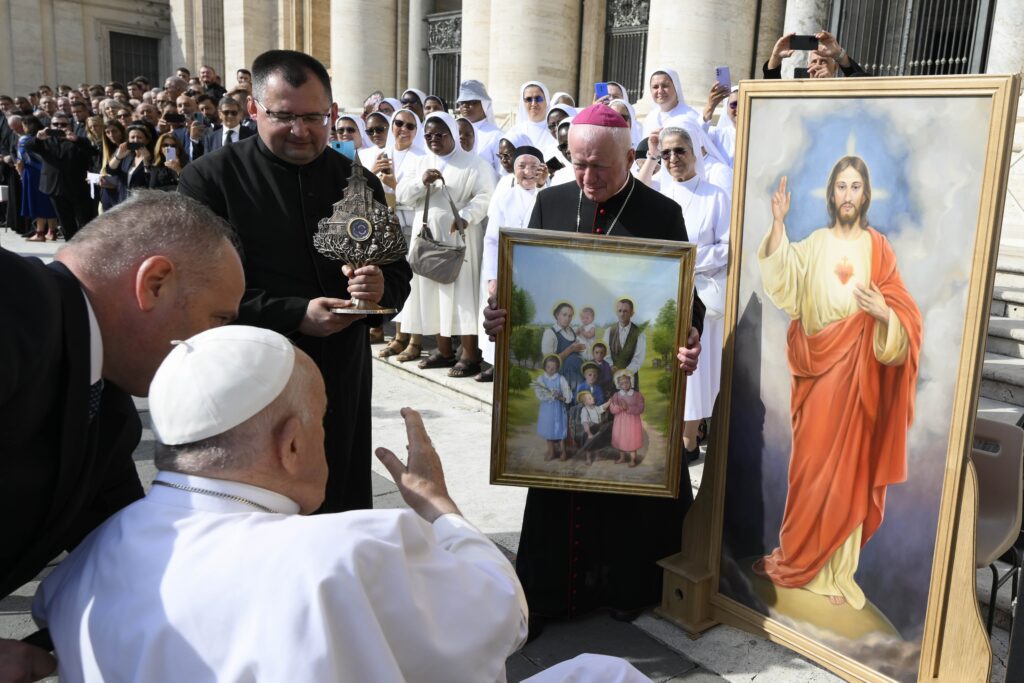
by Justin McLellan
VATICAN CITY (CNS) — Christians are not called to merely notice and criticize the social, economic and political issues of the day, but, like Blessed José Gregorio Hernández, they must “get their hands dirty” and commit themselves to action, Pope Francis said.
“So many talk about (issues), so many criticize and say that everything is going wrong. But Christians are not called to that, but rather to deal with them and get their hands dirty,” the pope said during his general audience Sept. 13 in St. Peter’s Square.
He held up the example of Venezuela’s “doctor of the poor” as someone who, by caring for sick people unable to afford medical care, “puts into practice the will of God, helping the needy, giving hope to the poor, bearing witness to faith not with words but by example.”
Continuing his series of talks on apostolic zeal, Pope Francis said the 19th-century doctor was motivated by an “interior fire” to live in service of God and neighbor; and that fire was sparked by his mother.
“Mothers are the ones who transmit the faith; faith is conveyed in dialect, that is, in the language of mothers,” the pope noted, departing from his prepared text.
Although Blessed José Gregorio Hernández wanted to become a priest, health problems forced him to leave the seminary on two occasions. Yet, the pope said, those health problems “made him more sensitive to the needs of others” in his vocation as a doctor.
“This is apostolic zeal; he does not follow his own aspirations, but is open to God’s plans,” he said. “How important it is not to suffer things passively, but, as Scripture says, to do all things in a good spirit to serve the Lord.”
While working as a prominent physician, university professor and scientist in Caracas, Venezuela, Hernández was “above all a doctor close to the weakest,” and one who is said to have treated poor people for free and tended to contagious patients during a flu outbreak in Venezuela.
“To the riches of money, he preferred that of the Gospel, giving his existence to help those in need,” Pope Francis said. “In the poor, the sick, migrants, the suffering, José Gregorio saw Jesus.”
Blessed José Gregorio Hernández’s ability to care for those in need came, in part, through the recognition of his own need for grace, the pope said.
“It was natural for him to care for those who were begging on the streets and were in dire need of the love he freely received from Jesus every day,” Pope Francis said. “This is where he drew strength from: intimacy with God.”
In his greetings to visitors in St. Peter’s Square, the pope thanked a group of Polish pilgrims for bringing to Rome the relics of the Ulma family who were killed during World War II for sheltering a Jewish family. The nine members of the family were beatified Sept. 10 in Markowa, Poland.
At the end of the audience, Pope Francis blessed a painting of the Ulma family, each member depicted with a halo — including the unborn child in his mother’s womb.

